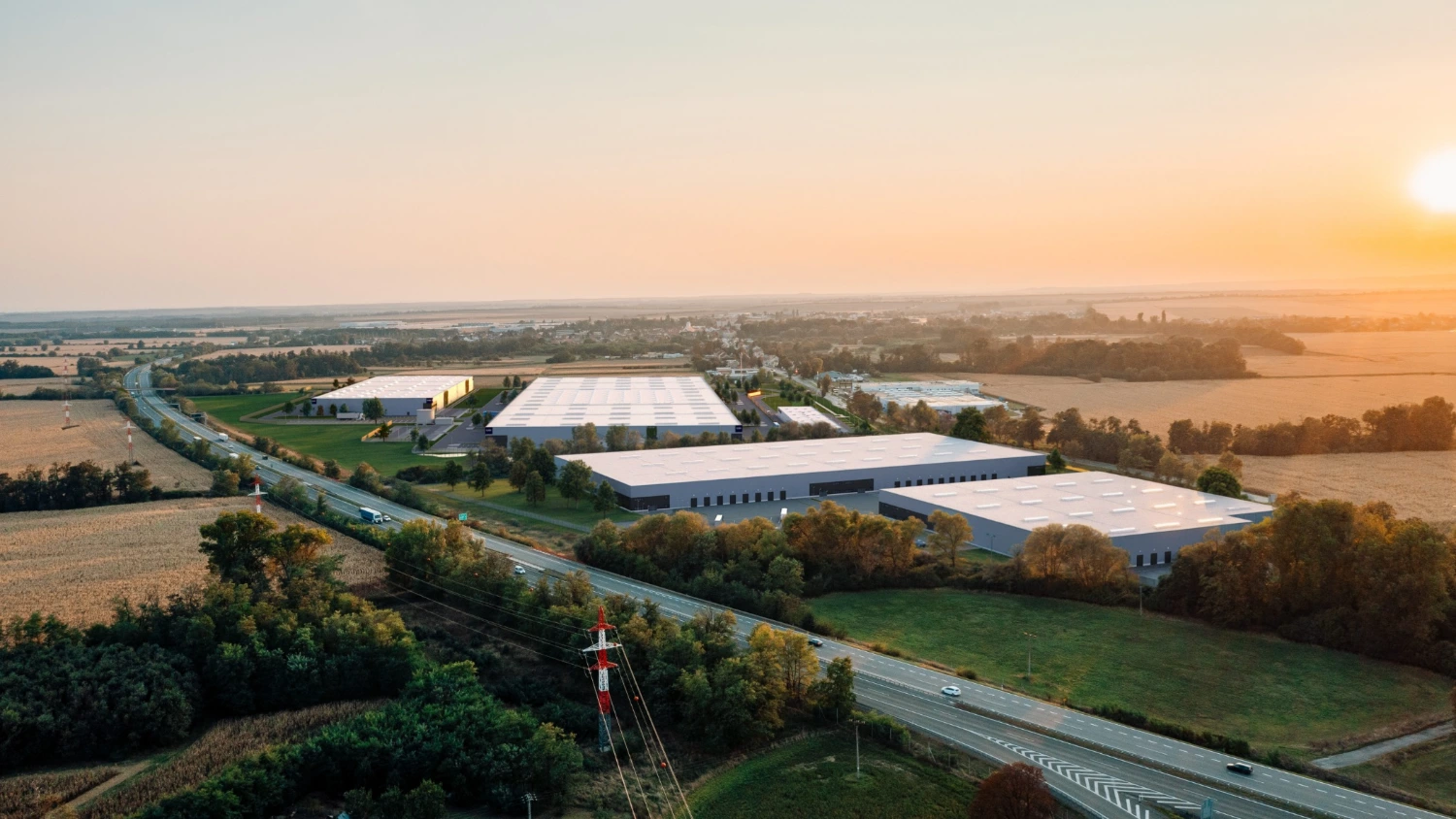The vast majority of office buildings are rated C or below or lack available EPC data altogether. While the absence of data may sometimes be coincidental, newer and better-equipped buildings are far more likely to share their energy credentials and have all their paperwork in order.
"The situation is further complicated by the fact that energy performance certificates often have limited informative value. For older buildings, the EPCs are either overestimated – due to outdated methodology – or underestimated if post-certificate improvements haven't been reflected," says Jan Jurčíček, Head of Building & Project Consultancy at Savills. One of the main issues is that EPCs are based on model operational parameters that often do not apply in practice – for example, indoor temperatures of 20–22°C or standard building operating hours. In reality, energy demands are commonly higher. "Our data from technical due diligence and operational audits show that actual energy consumption of office buildings can exceed EPC figures by tens of per cent," adds Jurčíček.
"Energy Performance Certificates are often mistakenly considered as a guarantee of sustainability or a low carbon footprint. In reality, however, they only assess the building's energy performance against legislative requirements and do not always reflect the overall carbon footprint or operational efficiency. Moreover, EPCs available on the market are based on different versions of decrees, which are not mutually comparable, as no official conversion methodology exists," says Barbora Jansová, ESG Consultant & Project Manager at Savills.
From an administrative perspective, however, EPCs remain important – especially for banks when assessing real estate portfolios. "For financing institutions, an EPC is certainly a valuable and measurable input within their ESG strategy, but it is by no means the only factor," adds Barbora Jansová.
The methodology for calculating EPCs is continuously evolving. “It is quite common for a building to undergo renovation but, due to a new regulation, remain classified in the same energy performance category as before,” adds Barbora Jansová. The situation is even more complex in the case of historical buildings, where the obligation to obtain an EPC often does not apply, and meaningful energy-efficiency upgrades are frequently restricted.
“The new EPBD directive introduces clear boundaries – such as the renovation of the worst-performing buildings by 2030 and the obligation for new constructions to achieve near-zero emissions from 2028. This marks a fundamental shift from recommendations to enforceable sanctions,” explains Marek Koyš, Lead Sustainability Consultant at Savills. “For property owners, it therefore pays to think strategically – to supplement EPCs with carbon footprint assessments, CRREM Risk Assessments, or EU Taxonomy alignment, all of which support the management of environmental risks and long-term investment planning.”
The mentioned European Directive EPBD IV, which must be transposed into Czech legislation by the end of May 2026, represents a fundamental shift in approach. Voluntary recommendations are becoming binding and time-bound obligations: minimum energy performance standards (MEPS) will require the renovation of 16% of the least energy-efficient buildings by 2030, and a further 10% (a total of 26%) by 2033.
Newly constructed buildings from 2028 onward will have to be effectively zero-emission. In addition, the updated EPC will be accompanied by a so-called Building Renovation Passport (BRP), which defines a plan for gradual improvements aimed at achieving the target of a zero-emission building stock by 2050.













